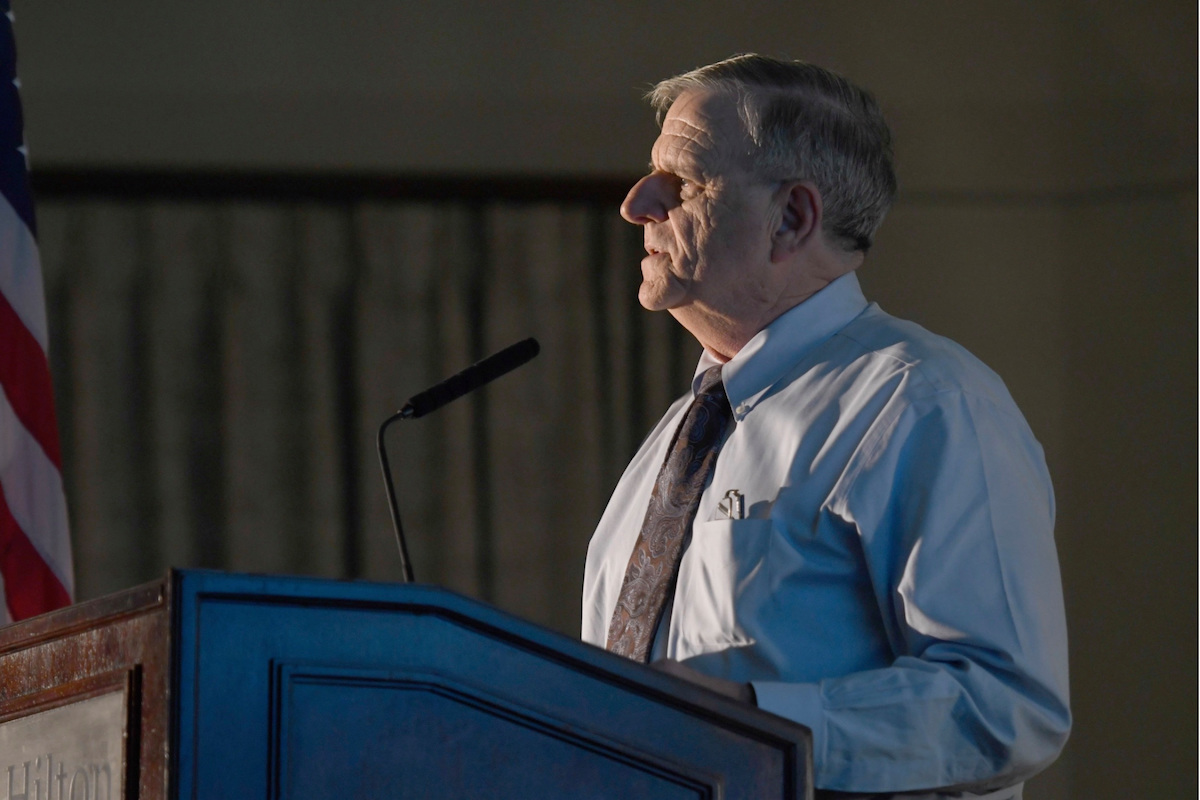Santa Barbara City Police Chief Weighs In on Oversight Proposal
Bernard Melekian Supports Idea, Opposes Draft Recommendations

Santa Barbara’s acting Police Chief Bernard Melekian and members of the Community Formation Commission finally got down to brass tacks last Wednesday evening. On the table was the commission’s draft proposal — nearly a year in the making — for a police oversight board, inspired by the murder of George Floyd at the hands of Minneapolis police officers in 2020. Melekian made it clear that he and the department supported the creation of a police oversight commission, but he could not support the specific proposal crafted by the commission.
That proposal calls for a new hybrid entity: an appointed oversight board reflecting a broad spectrum of the community coupled with a new city office of police oversight — staffed with an executive and an ombudsperson — to conduct independent audits of police practices and policies, track investigations of police misconduct, and reach out to the community. The preliminary cost estimate is $600,000.
Melekian prefaced his remarks by explaining he was fast approaching his 49th year in law enforcement, 30 of which, he noted, had been spent pursuing various reform efforts. “I am neither unaware nor naïve about the role of policing in enforcing racist cultural norms,” he stated. “But true reform and true change is about a change of heart, not merely a change of policy or a change of rules.”
For change to occur — which Melekian said was necessary even in well-served communities like Santa Barbara — there needs to be genuine collaboration between law enforcement and the community. As currently proposed, however, no one with experience in law enforcement would be eligible to serve on the oversight board. Melekian described this prohibition as “disheartening.” The commission’s decision to exclude, he said, “sends a message that not all lived experience matters.” His choice of words was intentional. The draft proposal underscores the importance of enlisting those with “lived experience” with homelessness or as defendants in the criminal justice system.
The oversight commission, Melekian said, would help foster better communication and trust, especially in those communities that have been traditionally marginalized. Not only would it receive complaints of misconduct, but it would also reflect broader concerns about policing, identify police practices that should be audited, receive reports from the chief on policy matters, and provide a forum during high-intensity incidents to allow the chief to communicate more directly with the community at large.
Sign up for Indy Today to receive fresh news from Independent.com, in your inbox, every morning.
But Melekian expressed concern that the model adopted by the commission reflected the “national narrative” of excessive force and racist cops, not the on-the-ground realities of Santa Barbara’s police officers. Over the past five years, he said the department has averaged 20 complaints a year; most of those involved bad attitude. Force of any kind has been deployed, he said, in only 2.5 percent of all arrests and in one-tenth of one percent of all stops. Over the past 10 years, he said, there have been three officer-involved fatalities, one of which involved a suspect who opened fire on SWAT officers attempting to execute an arrest warrant. The SBPD, Melekian stated, “models best practices and learns from its mistakes.”
Most cities adopt police review boards in reaction to something terrible that’s happened, he noted. Santa Barbara was acting proactively instead. No new office was needed, he said. Audits could be farmed out to third-party agencies or assigned to an assistant city administrator. He opposed any involvement by any oversight board in disciplinary recommendations or ongoing investigations. The board, he said, should have the option of seeking an outside investigator but only after the department had been given two chances to get it right. Better to start small and grow later if need be, he counseled.
The interchange between Melekian and the commissioners was respectful and lively. Commission chair Gabe Escobedo took the lead by asking if the low number of complaints filed against the department “might not represent the full picture.” Many community members, he said, are unfamiliar with or distrustful of the complaint process. Also, Escobedo wondered whether the department might be too understaffed to provide the necessary support for audits which will then “wind up on the back burner.” For the oversight board to be an agent of trust-building, Escobedo argued, it needed to be endowed with independent authority.
The two men stood their respective ground. Melekian thought the auditing and monitoring proposal is “an unnecessary expense; it has the potential to become very bureaucratic.” Escobedo replied what Melekian wanted “looks like a police oversight board in name only,” that would be an advisory board, not equipped to advocate. Melekian stated that the boardmembers themselves could advocate on the public’s behalf.
The commission will review the results of a public outreach survey — it received 1,000 responses — and that of the nine focus groups with 75 participants before determining what changes, if any, they want to make. The matter is scheduled to go to the City Council for deliberations on April 22.
Support the Santa Barbara Independent through a long-term or a single contribution.



